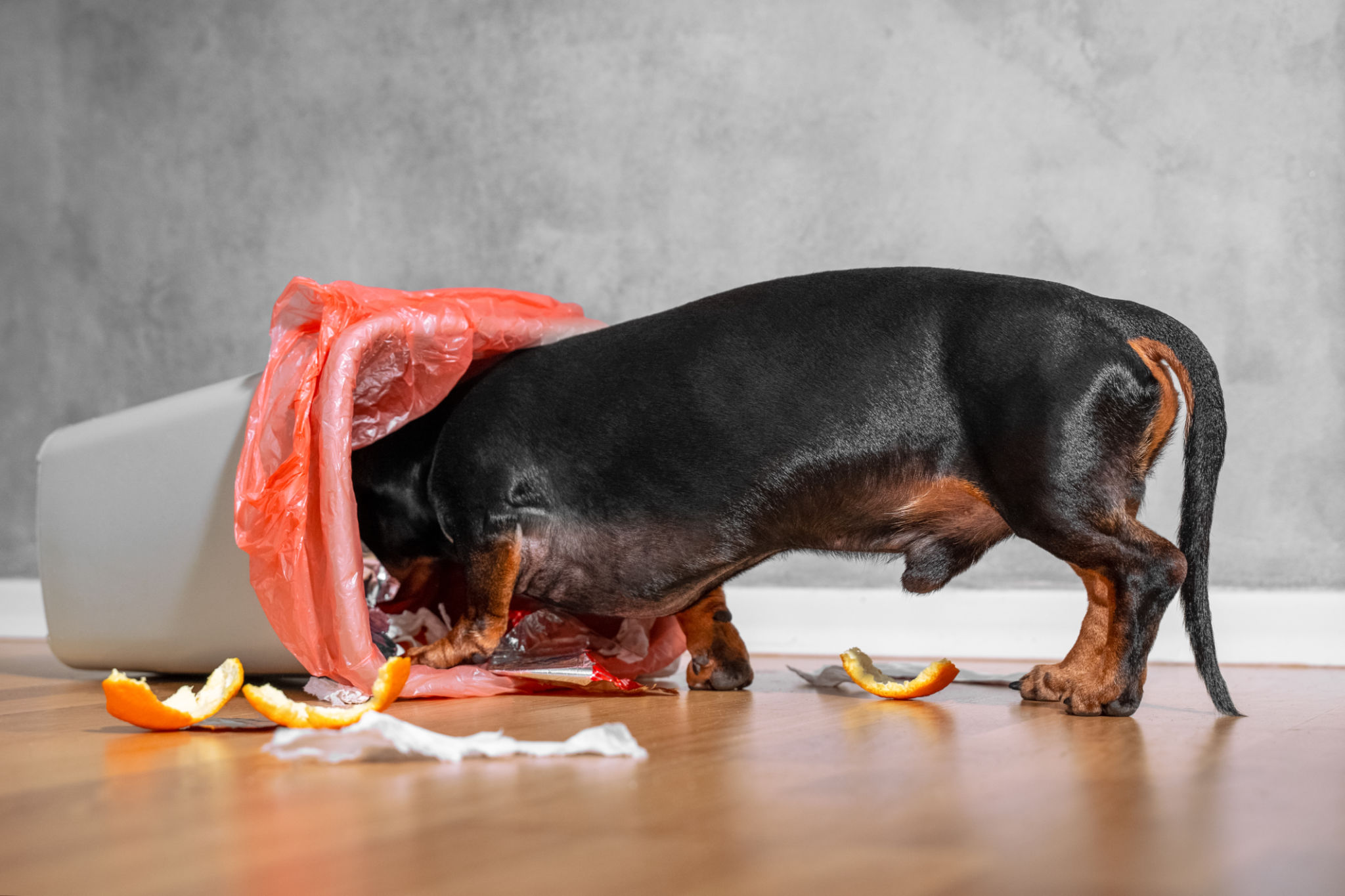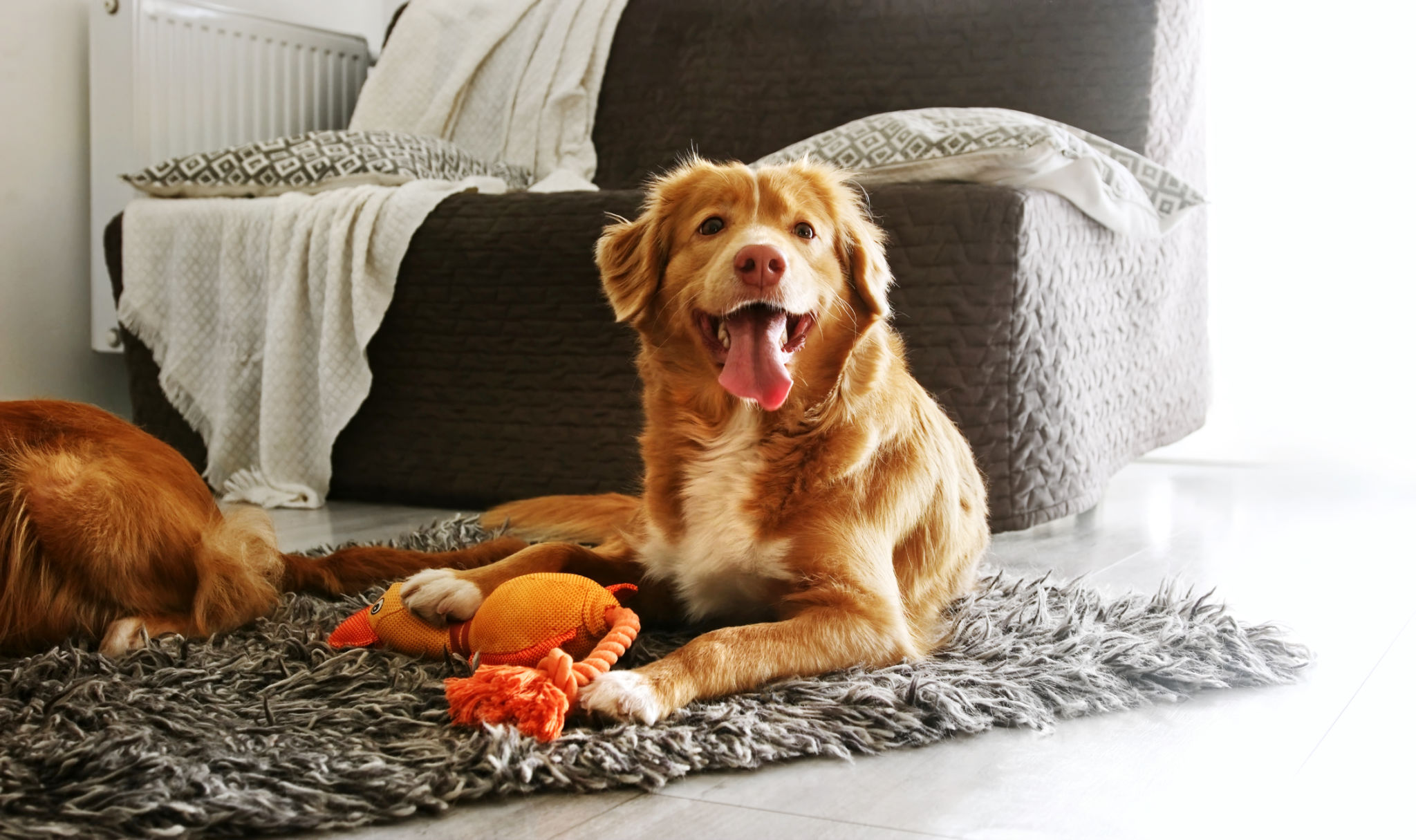Expert Insights: The Importance of Regular Poop Scooping for Your Lawn's Health
Why Regular Poop Scooping Matters
When it comes to maintaining a healthy lawn, consistent care is crucial. One often overlooked aspect of lawn maintenance is the regular removal of pet waste. While it might seem like a minor detail, failing to scoop poop can have significant consequences for your lawn's health and your family's well-being.

Preventing Lawn Damage
Pet waste is not just an eyesore; it can cause substantial damage to your lawn. Dog feces contain high levels of nitrogen and other compounds that can lead to unsightly brown patches and even kill the grass. Over time, this damage can spread and result in costly repairs or even the need for re-sodding.
In addition to aesthetic damage, the accumulation of pet waste can create an unhealthy environment for grass growth. A layer of feces can block sunlight and air from reaching the soil, stunting the growth of your lawn. By regularly scooping poop, you ensure that your grass receives the nutrients and light it needs to thrive.

Reducing Health Risks
Beyond the impact on your lawn, pet waste poses health risks to humans and other animals. Dog feces can harbor harmful bacteria, parasites, and viruses that can spread diseases such as E. coli and salmonella. These pathogens can linger in the soil long after the waste has decomposed, posing a risk to anyone who comes into contact with the ground.
Regular poop scooping significantly reduces these health risks by removing the source of contamination before it has a chance to spread. This is especially important for families with children who frequently play in the yard.

Environmental Considerations
Proper disposal of pet waste is also essential for protecting the environment. When left on the ground, pet waste can be washed into storm drains during rainfall, eventually contaminating local waterways. This pollution can harm aquatic life and degrade water quality.
By committing to regular poop scooping, you contribute to a cleaner environment and help protect local ecosystems from unnecessary pollution.
Best Practices for Poop Scooping
To effectively manage pet waste, consider establishing a routine for poop scooping. Here are some best practices to follow:
- Scoop at least once a week, or more frequently if you have multiple pets.
- Use biodegradable bags for disposal to minimize environmental impact.
- Consider using a designated waste bin to keep odors at bay and make disposal more convenient.
By integrating these practices into your lawn care routine, you ensure that your yard remains a healthy and enjoyable space for everyone.